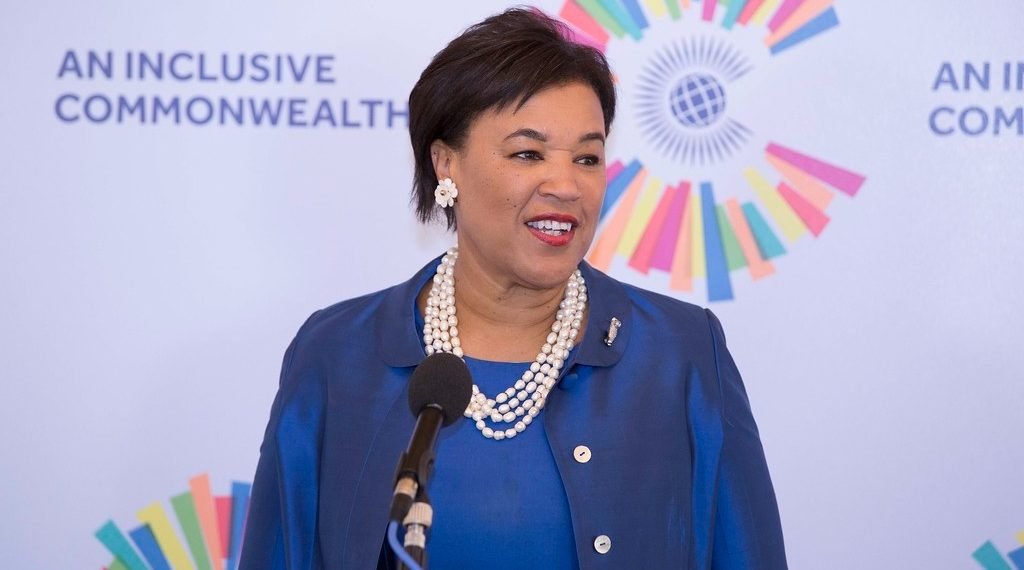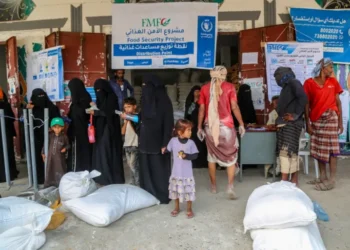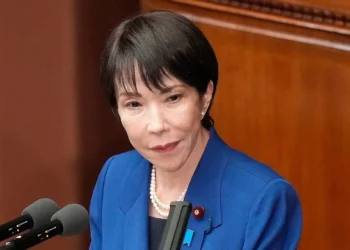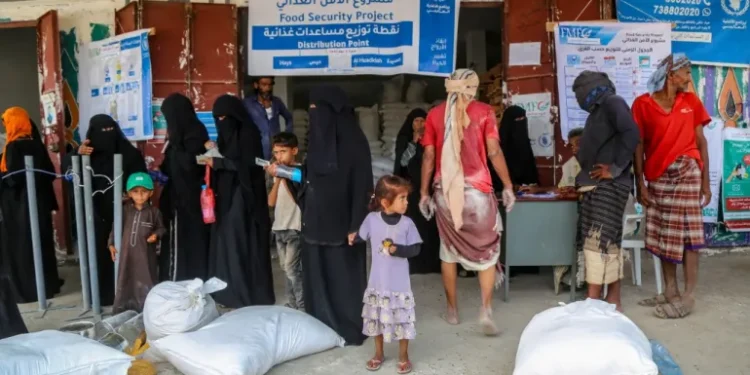The Commonwealth has developed a new global index that seeks to provide a much better and equitable way of extending development assistance to developing countries, based on a new study by the Commonwealth.
The Commonwealth Universal Vulnerability Index indicates a multidimensional measure which determines country’s eligibility of resources, thus, moving away from the overdependence on narrow measures such as GDP per capita.
The proposed vulnerability index incorporates economic, socio-political and environmental shocks of countries such as climate change, to ascertain how much international finance is delivered to developing countries.
The proposed Universal Vulnerability Index (UVI) has been shared with Commonwealth member countries for their review in ongoing consultations. If endorsed globally, the Index could transform the way development finance is delivered to developing nations.
The Secretary-General of the Commonwealth, Rt Hon Patricia Scotland, urged the international community to make the transition to this new measure as the sole criteria for offering certain types of support to developing nations.
“Consistent with our history we are building consensus with our member countries a new definition and assessment of vulnerability, so that eligibility for resources such as concessional finance is no longer solely dependent on narrow measures such as GDP per capita.
“In presenting this report on work undertaken by the Commonwealth Secretariat to devise a robust methodology which truly takes into account the realities of vulnerability, our desire is to provide a sound basis on which to create multilateral consensus and mobilise global action.”
Rt Hon Patricia Scotland, Secretary-General of the Commonwealth
Commonwealth New Vulnerability Index
Meanwhile, this is not the first time for the Commonwealth Vulnerability Index. It has evolved over the years, initially conceptualized with limited scope. It involved the incidence and intensity of risk and threat, the ability to withstand risks and bounce back from external economic and environmental shocks.
Developed by experts at the Commonwealth Secretariat and the Foundation for Studies and Research on International Development, the Universal Vulnerability Index uses widely available data to generate single composite scores for vulnerability for 138 developing countries.
The Index takes into account factors such as climate change, exposure to natural disasters or economic shocks, internal violence as well as governance.
More importantly, the index makes a distinction between ‘structural’ factors that are beyond the control of the state, such as a country’s geographic location and size, and ‘non-structural’ ones that are more dependent on the will of governments, such as policy performance.
The index is developed as part of the 75th UN General Assembly’s resolution for immediate and substantial actions to facilitate country’s responses to recover from the unfolding of the COVID-19 pandemic.

She further stressed that “the time to act is now, particularly for the small, vulnerable and least developed states in our family.”
The study has been presented to the Commonwealth’s governing board and is undergoing further consultation with member states. The study will form the foundation of international discussions around vulnerability, resilience and the efforts of small states to make a “green recovery” from the COVID-19 pandemic.
READ ALSO: Ghana’s gross forex reserves to hit US$7.6 billion in 2021























